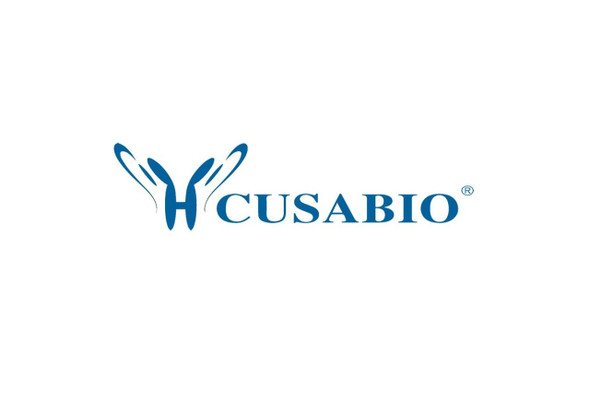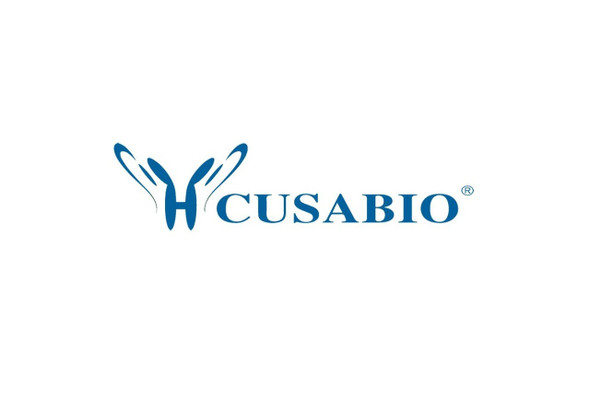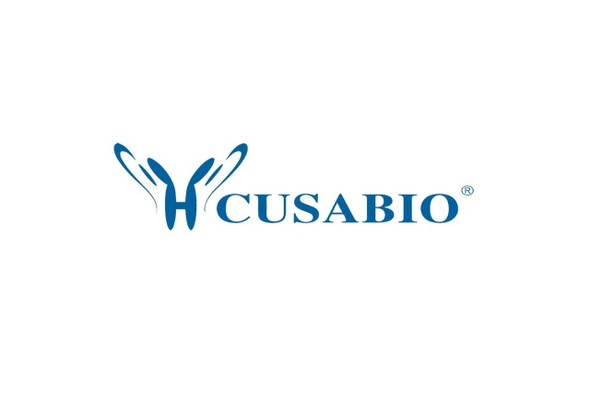Cusabio Polyclonal Antibodies
FLT3 Antibody, FITC conjugated | CSB-PA008733LC01HU
- SKU:
- CSB-PA008733LC01HU
- Availability:
- 3 to 7 Working Days
Description
FLT3 Antibody, FITC conjugated | CSB-PA008733LC01HU | Cusabio
FLT3 Antibody, FITC conjugated is Available at Gentaur Genprice with the fastest delivery.
Online Order Payment is possible or send quotation to info@gentaur.com.
Product Type: Polyclonal Antibody
Target Names: FLT3
Aliases: Receptor-type tyrosine-protein kinase FLT3 (EC 2.7.10.1) (FL cytokine receptor) (Fetal liver kinase-2) (FLK-2) (Fms-like tyrosine kinase 3) (FLT-3) (Stem cell tyrosine kinase 1) (STK-1) (CD antigen CD135), FLT3, CD135 FLK2 STK1
Background: Tyrosine-protein kinase that acts as cell-surface receptor for the cytokine FLT3LG and regulates differentiation, proliferation and survival of hematopoietic progenitor cells and of dendritic cells. Promotes phosphorylation of SHC1 and AKT1, and activation of the downstream effector MTOR. Promotes activation of RAS signaling and phosphorylation of downstream kinases, including MAPK1/ERK2 and/or MAPK3/ERK1. Promotes phosphorylation of FES, FER, PTPN6/SHP, PTPN11/SHP-2, PLCG1, and STAT5A and/or STAT5B. Activation of wild-type FLT3 causes only marginal activation of STAT5A or STAT5B. Mutations that cause constitutive kinase activity promote cell proliferation and resistance to apoptosis via the activation of multiple signaling pathways.
Isotype: IgG
Conjugate: FITC
Clonality: Polyclonal
Uniport ID: P36888
Host Species: Rabbit
Species Reactivity: Human
Immunogen: Recombinant Human Receptor-type tyrosine-protein kinase FLT3 protein (727-993AA)
Immunogen Species: Homo sapiens (Human)
Applications: ELISA
Tested Applications: ELISA
Purification Method: >95%, Protein G purified
Dilution Ratio1:
Dilution Ratio2:
Dilution Ratio3:
Dilution Ratio4:
Dilution Ratio5:
Dilution Ratio6:
Buffer: Preservative: 0.03% Proclin 300
Constituents: 50% Glycerol, 0.01M PBS, pH 7.4
Form: Liquid
Storage: Upon receipt, store at -20°C or -80°C. Avoid repeated freeze.
Initial Research Areas: Immunology
Research Areas: Immunology;Signal transduction






